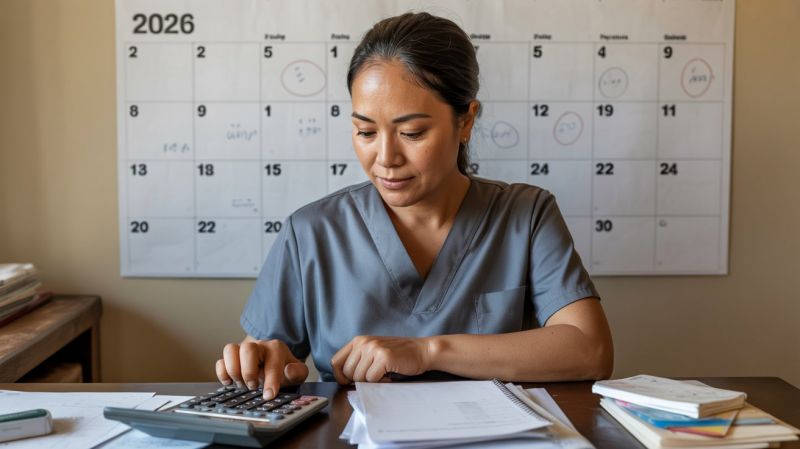Emergency Fund During War Crisis: Why Every Caregiver in Israel Should Have One
iSavta | 20.06.2025

Being a caregiver in Israel is a big responsibility. You take care of someone every day, and many people depend on you. But during a war or emergency, things can change quickly. Sirens, attacks, and unsafe situations can happen anytime. Because of this, it is very important to always be ready — not just for your safety, but also for your future.
One important way to prepare is by having an emergency fund — money saved that you can use when something unexpected happens. This is not money you use every day. This is money you keep safe, only for real emergencies.
What is an Emergency Fund?
An emergency fund is a small amount of money that you save and do not touch unless there is a crisis. This fund is for situations like:
-
War or missile attacks
-
You lose your job
-
You need to go home suddenly (repatriation)
-
Your employer passes away or moves to a shelter without you
-
You cannot work because it is not safe
During war, some caregivers are sent home to their countries. Others lose their jobs because their employer dies, is moved to a safer place, or no longer needs their help. If this happens, you might be told to leave Israel quickly.
Why Do You Need an Emergency Fund?
-
For Plane Tickets
In some cases, the Israeli government or your embassy may help with repatriation. But sometimes, you may need to buy your own ticket to go home. Plane tickets during war can be very expensive. -
For Daily Needs While Waiting
If you lose your job and must wait before going home or finding a new job, you still need money to buy food, pay rent, or take transportation. -
For Family Back Home
Even during a crisis, your family may still need help. If you have no savings, it will be very hard to send money or support them. -
To Feel Safer and Calmer
When you have some money saved, you feel less afraid. You can think more clearly and make better decisions in times of danger.
How Much Should You Save?
Even just 500–1,000 shekels can make a big difference. If you can save more, that’s better. You don’t have to save all at once. You can start small — maybe 50 shekels each payday — and keep adding slowly.
The most important thing is: Do not use this money unless it is an emergency.
Where to Keep Your Emergency Fund?
-
You can keep it in a bank account (make sure you can access it easily).
-
Or keep it in cash, hidden in a safe place (not too obvious, and not at your employer’s house).
-
You can also give it to a trusted friend or relative for safekeeping.
Be Smart. Be Ready.
We don’t know what will happen tomorrow. No one wants to leave Israel without a plan. But if war gets worse, the situation may force you to go home.
Having an emergency fund means you will not be helpless. You will have choices. You will not need to borrow money or beg others for help.
Dear caregiver, you are important. You work hard. You deserve to feel secure even during hard times. Saving a little now can protect you in the future.
Start your emergency fund today — not tomorrow, not next week. One small step now can save you from big problems later.
Be ready. Be wise. Save while you can.
Read more about Money & Investments

Money & Investments
Send money to the Philippines/India/Thailand/Sri Lanka and more through Rewire!
Read More
Money & Investments
Sending Money Home in 2026: Smart and Affordable Remittance Tips for Migrant Caregivers in Israel
Read More
Money & Investments
New Year 2026 Financial Reset: Simple Money Goals for Migrant Caregivers in Israel
Read More
Money & Investments







